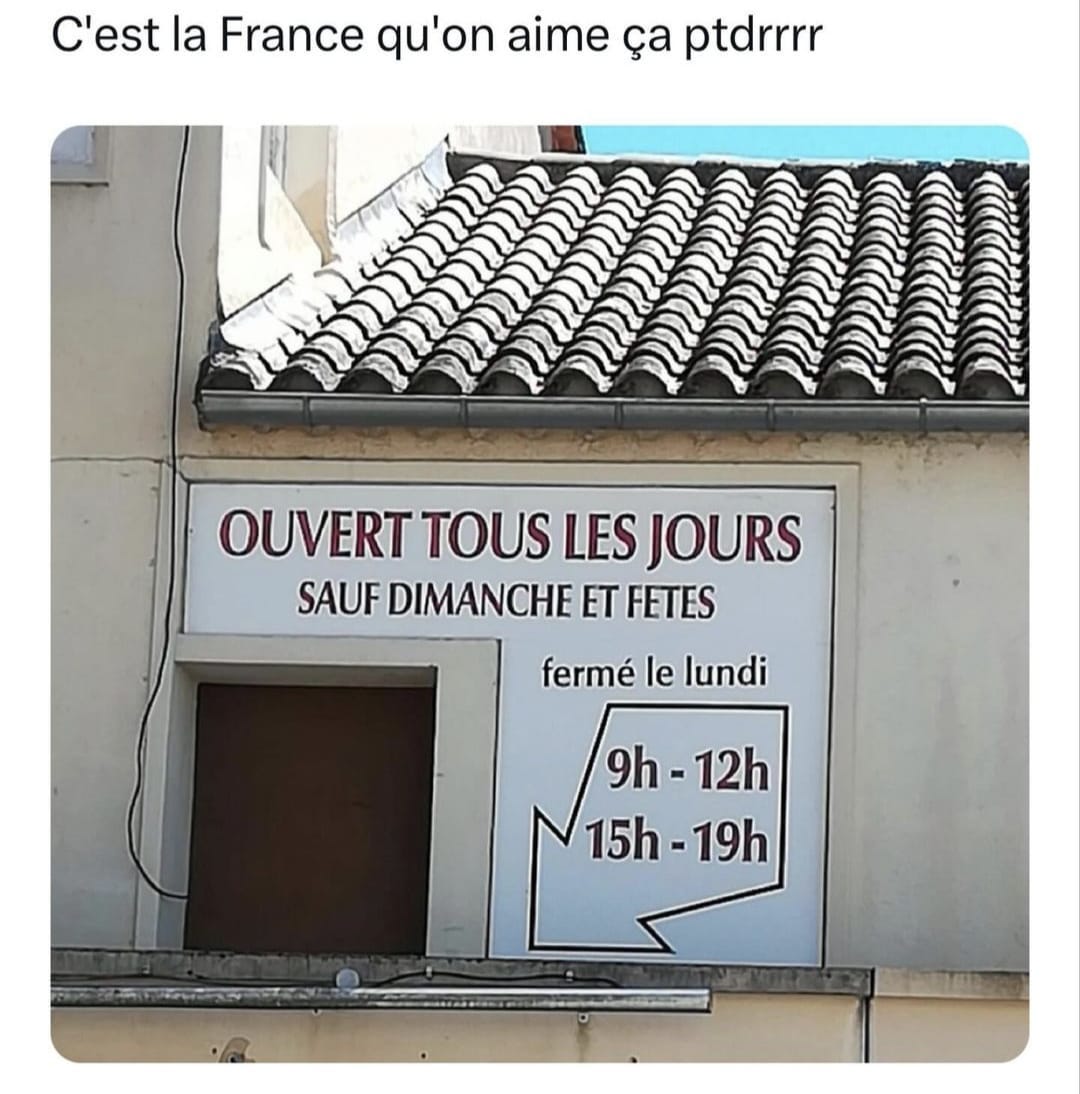Read time : 4.36 minutes
One of the things I love most about teaching is getting to know my students.
Each of us has our own story to tell, after all.
So, if you could spare 60 seconds to fill out a quick survey about why you read my newsletter, I'd really appreciate it!
Your answers help me make more relevant learning materials for you. Here's the link:
Vous avez probablement déjà entendu des gens parler des podcasts pour apprendre le français.
Peut-être en avez-vous déjà écouté certains (comme Intermediate French with Carlito, non ?)
Personnellement, j’ai en grande partie appris l’anglais avec des podcasts.
Encore aujourd’hui, je dois écouter au moins 2 ou 3 podcasts chaque jour.
J'aime vraiment ça !
Au début, ce n'était pas si facile.
Mais comme les sujets abordés étaient très intéressants pour moi, cela m'aidait à surmonter la difficulté de la langue.
You've probably already heard people talk about podcasts for learning French. Maybe you've already listened to some (like Intermediate French with Carlito, right?) Personally, I largely learned English through podcasts. Even today, I have to listen to at least 2 or 3 podcasts every day. I really like it! At first, it wasn't so easy. But as the topics discussed were very interesting to me, it helped me overcome the difficulty of the language.
Laissez-moi vous expliquer pourquoi les podcasts sont un excellent moyen d'apprendre le français : en fait, on n'a pas l'impression d'être en train d'étudier.
D’abord, vous pouvez les écouter n'importe où et n’importe quand.
Le matin, le soir, dans le bus ou sur votre vélo.
Et vous pouvez, si c'est bien fait, apprendre de nouveaux mots et expressions naturellement.
C'est génial.
Le meilleur ?
Vous pouvez découvrir des choses intéressantes sur la politique, l'histoire, l'art, la culture, le sport... sur tout ce que vous aimez ET en même temps améliorer votre français.
Pour quelqu'un comme moi qui n'aime pas apprendre une langue avec des livres, les podcasts sont un super moyen d'apprendre.
Let me explain why podcasts are an excellent way to learn French: in fact, you don't feel like you're studying. First, you can listen to them anywhere and anytime. In the morning, in the evening, on the bus, or on your bike. And if it's done well, you can learn new words and expressions naturally. It's awesome. The best part? You can discover interesting things about politics, history, art, culture, sports... about everything you like AND at the same time improve your French. For someone like me who doesn't like learning a language from books, podcasts are a great way to learn.
Mais il faut faire plus que simplement "écouter".
Pour enrichir votre vocabulaire, vous devez devenir un auditeur actif.
Apprendre demande des efforts.
Avec des efforts, on obtient des résultats.
Sans effort, on n'obtient pas grand-chose malheureusement.
La bonne nouvelle, c'est que je veux vous montrer un petit changement de mentalité qui ne demande pas beaucoup d'effort, mais qui est un premier pas important pour améliorer et enrichir votre vocabulaire en français.
C'est l'idée d'écouter activement.
Quand on écoute un podcast ou une vidéo, on écoute souvent juste pour comprendre l'idée générale, sans forcément analyser la langue.
L'écoute active, c'est d'éliminer toutes les distractions et de faire attention à :
Des mots ou expressions que vous ne connaissez pas.
Des sons particuliers et la manière dont les mots se lient.
But you need to do more than just "listen". To enrich your vocabulary, you need to become an active listener. Learning requires effort. With effort, you get results. Without effort, unfortunately, you don't get much. The good news is that I want to show you a small mindset change that doesn't require much effort, but is an important first step to improving and enriching your French vocabulary. It's the idea of actively listening. When we listen to a podcast or a video, we often just listen to understand the general idea, without necessarily analyzing the language. Active listening means eliminating all distractions and paying attention to: Words or expressions you don't know/ Particular sounds and how words connect.
La prochaine fois que vous écouterez un podcast ou une vidéo YouTube, essayez de bien analyser ce que vous entendez :
Y a-t-il de nouveaux mots ? Si oui, notez-les.
Y avait-il une structure grammaticale que vous ne connaissiez pas ? Notez-la et essayez de la comprendre.
Y avait-il un mot ou une expression difficile à prononcer ? Revenez en arrière, écoutez de nouveau et essayez de la prononcer vous-même.
Cela peut sembler inutile, mais se mettre dans l'habitude d'analyser activement une langue est très puissant pour apprendre seul.
Essayez et dites-moi comment ça se passe.
D’ailleurs, vous pouvez répondre à ce mail ou dans les commentaires.
À bientôt,
Charles
The next time you listen to a podcast or a YouTube video, try to analyze what you hear closely: Are there new words? If yes, write them down. Was there a grammatical structure you didn't know? Write it down and try to understand it. Was there a word or expression difficult to pronounce? Go back, listen again, and try to pronounce it yourself. This may seem unnecessary, but getting into the habit of actively analyzing a language is very powerful for learning on your own. Try it and tell me how it goes. Besides, you can reply to this email or in the comments. See you soon, Charles.
Discover "Intermediate French with Carlito", your new go-to podcast for mastering French! Created for intermediate learners, every episode is crafted to challenge and engage you, all while ensuring you're enjoying the learning process.
I offer personalized private French classes tailored to intermediate learners, aiming to address your specific needs and expedite your progress in the language.
Spoken French Made Simple : Join a community of over 100 students who have already mastered conversational French with my unique, story-driven approach.
D’ailleurs, j’ai toujours besoin de savoir ce que tu penses de cette newsletter😃
Si tu veux m’aider, c’est par ici (petit cadeau à la clé🎁)
I need to know what you think about the newsletter 😃 If you want to help me, it's over here (a little gift as a reward🎁).
If you want more, be sure to follow my Insta, Facebook, Tiktok accounts AND my Youtube channel.






I agree. Having the transcript helps tremedously. I have often tried to listen several times to catch a word or phrase without looking it up. It's nice to be able to find out what it is immediately so I can start using it. The podcast helps also to hear the rhythm of a sentence and imitate your inflections.
Excellent advice. My only feedback is that it having the transcript - even if it is just in French - really helps, as often for me the biggest issue is being able to catch the words, especially new or unfamiliar ones, or if the rate of speech is fast. The pace here was great!